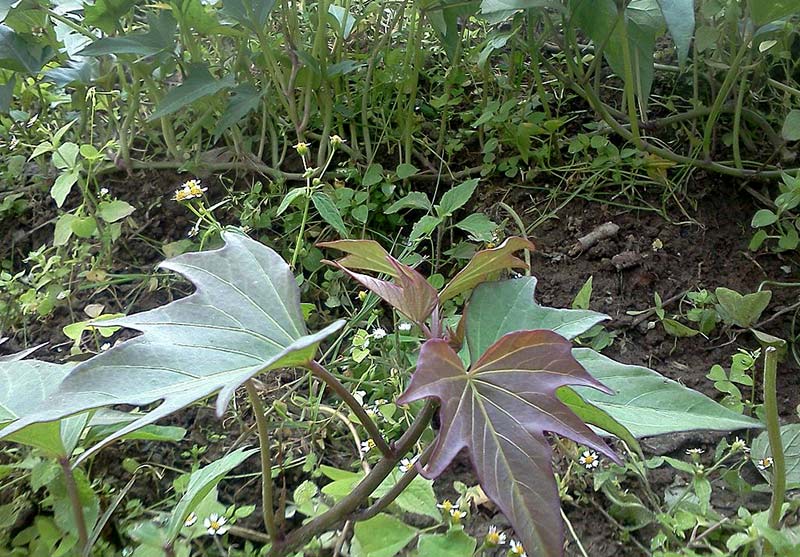Evaluating Benefits of Winter Annual Cover Crop Systems for Organic Sweet Potato in North Carolina

Alex Woodley, Assistant Professor, North Carolina State University
Despite a steady demand for organic sweet potatoes in North Carolina, marketable yield often does not reach the yield potential for this region due to challenges in weed, insect, and soil fertility management. Weed proliferation and soil borne pests such as wireworm have been identified as two areas of concern. Using a roller-crimper modified to work on raised beds, this research will assess the viability of winter cover crops seeded onto autumn formed beds and terminated in the spring as effective tools for weed control. The researchers will also determine if there is a trade-off of including cover crops in rotation by potentially providing improved overwintering conditions for wireworms, and if this translates into increased root damage and marketable yield losses. Lastly, by embedding increasing rates of organic nitrogen fertilizer in each cover crop treatment, they will determine if this management practice requires modification to nutrient recommendations.
Impact: Innovative weed, insect, and soil fertility management options to help increase organic sweet potato yields.


